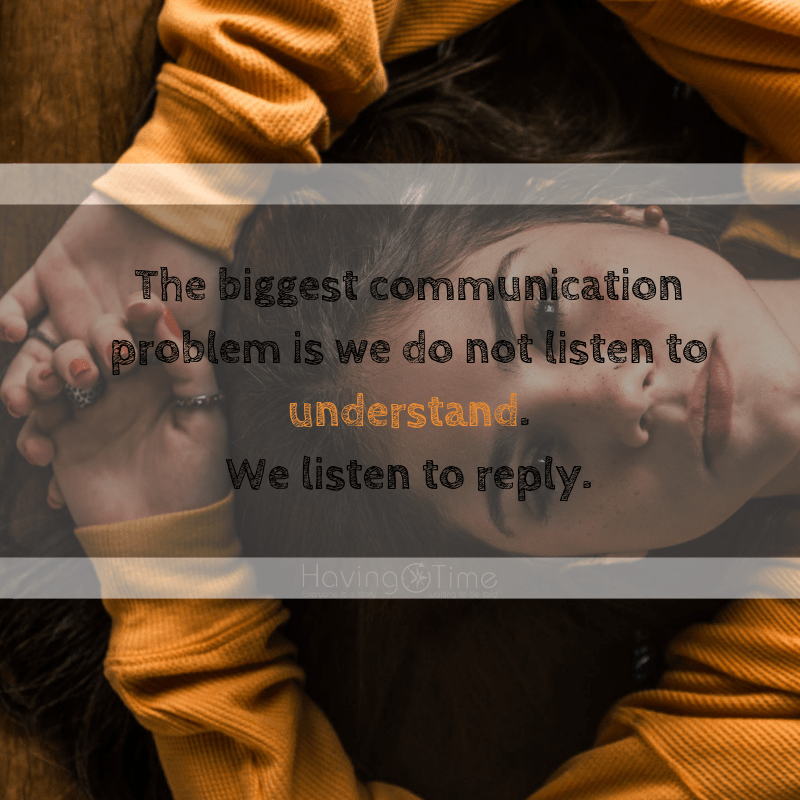There comes a moment when you understand that your loved one might need to seek professional help, that they’ve suffered enough and that it’s time for you to encourage them to ask for the help that they need and deserve.

The health and well-being of your loved one are important to you, so when you see them struggling, it is only natural to want to offer suggestions on how to help them feel better and improve their life. But it can be incredibly challenging to know exactly what to say to have an open conversation with your loved one about the situation when they do need to seek professional help.
This is not a conversation that anyone wants to have, but for many, it is a conversation that you should have to help your loved one heal and recover.
Here, we identify some practical ways to handle this situation well.
Start acting early on.
When you identify a problem relating to mental health, such as addiction, it is best not to let it build up. Addiction is likely to worsen over time. By discussing the situation early on, you have the opportunity to help your loved one seek help and break the cycle of addiction before the problem escalates to something even worse.
To approach them about this, first, let your loved one know that you would like to have an essential conversation with them. Pick a good time and place when everyone is relaxed and open to discussing in an emotionally safe environment.
Put yourself in their shoes; approach your loved one with empathy and be sensitive to how this conversation will make them feel. For example, use “I” statements, like “I’m concerned about you,” rather than “you” statements that can sound accusatory. This is a straightforward way to show that you genuinely care.

Be Sensitive to Their Feelings
Talking about mental health requires both emotional and physical sensitivity.
Speak to the loved one when they are in a good mood, undistracted, and open to listening. Keep the conversation relaxed and friendly.
It is highly likely that your loved one will not want to talk about seeking professional help. They will be telling you that they are fine and don’t need help. Be patient.
The conversation may be extended and frustrating, but your loved one will be more receptive if you show your willingness and commitment to have an ongoing discussion.
Additionally, you can show that you are there for them by offering to drive them to or from therapy, or by offering to meet them for coffee or a meal before or after.
Be Rational in Your Explanation
Not all people who hear about therapy will want to try it out. When talking to your friend or relative, you need to be prepared to offer good reasons for why they should pursue treatment. Tell the loved one how meaningful your relationship is to you and explain how professional help could aid in maintaining your valuable relationship.
Identify the admirable qualities that your loved one has. When you point out their positive attributes, it can be motivational in encouraging them to pursue therapy to help them become an even better, more resilient person.
Also, please make sure that you thoroughly explain the specific areas of problematic behavior. Your friend or relative may try to say that they do not have a problem. By being prepared to rationally and effectively point out the issues respectfully and thoroughly, you can help them see that they could truly benefit from professional help.

Offer Long-Term Support
Last, but not least: be supportive.
The journey to better mental health and wellness is a long and a bumpy one.
By being there for your loved one, you can help them feel supported and cared for.
Offer regular check-ins and ask how you can help them out.
A simple “how are you doing? what was the highlight of your day” can go a surprisingly long way for a friend or loved one who is seeking treatment. This is a long-term project of course so please be kind, be empathetic, and be open-minded.
photo source | pexels + giphy

